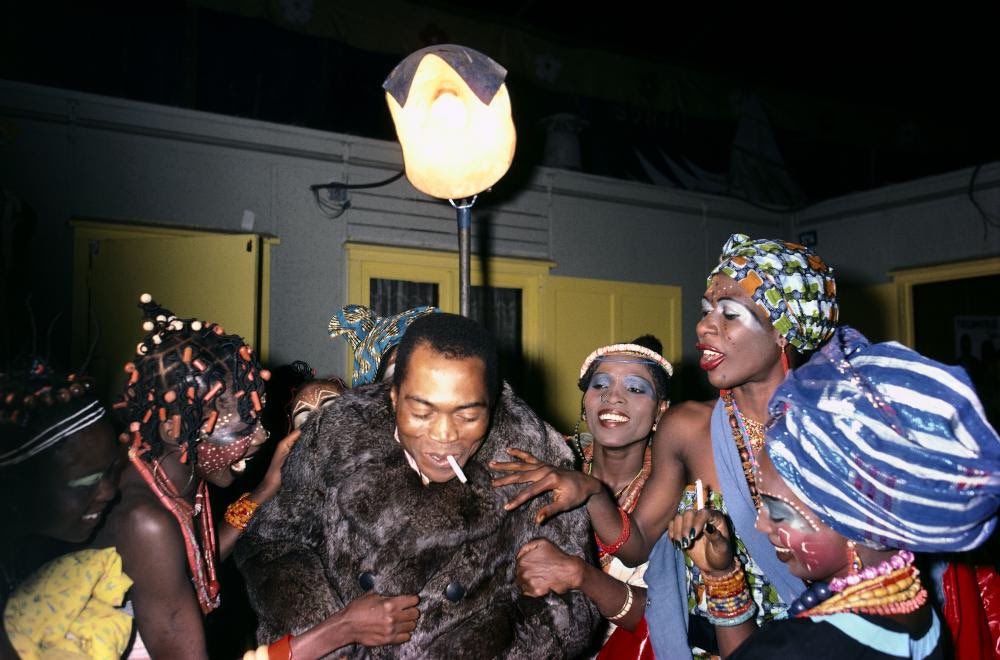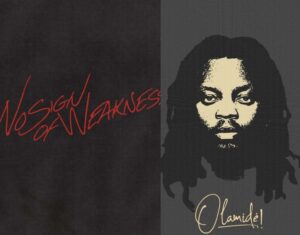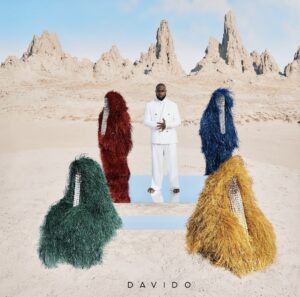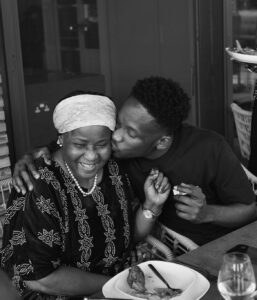It is vital to discuss the evolution of music in Nigeria, in its post-colonial period. It is indeed one of the most varied and culturally diverse periods in its history. The year 1960 marked the beginning of a freeborn state, Nigeria. One cannot help but notice the poor documentation of our music history before this period. There has been a poor archive of our musical cultural values owing to several factors. Regardless of this, one cannot overlook the era that birthed the modern sounds of music in Nigeria today. Let’s take a walk through a few of the genres that defined this period.
Highlife

Recall that in the first part of this series, the Highlife genre was already brewing hot in the Eastern part of the country. Moving forward to the post-independence era, the ’60s, Highlife had become popular across the country. It often featured at high-society events like banquets and weddings.
Highlife has its origin in Ghana and then Cameroun and Zaire and it became popular in Ghana in the 1950s by E.T. Mensah. Nigeria witnessed highlife popularization by Bobby Benson, Cardinal Rex Lawson, and Dr. Victor Olaiya. It is no doubt that the Igbo musicians championed this genre more in Nigeria. The likes of Chief Stephen Osita Osadebe, Oliver de Coque, Celestine Ukwu, Oriental Brothers, Sonny Okosun, and Victor Uwaifo. The Yoruba musicians who played highlife as well include Dr. Victor Olaiya, Ebenezer Obey, Orlando Owoh, etc.
Some songs of notable mention from this period include: Mo Fe mu’yan by Dr. Victor Olaiya, Osondi Owendi by Chief Stephen Osita Osadebe, Sawale by Cardinal Rex Lawson, and Sweet Mother by Prince Nico Mbarga among many others.
Despite being most prominent in the 1960s and ’70s, the influence of highlife on the younger generation cannot be ignored. This influence is notable in the emergence of modern Highlife artists like The Cavemen, who have revolutionized the genre, giving it a younger audience. Highlife music, however, remains a favorite for Nigerians of all ages.

Afrobeat
In the early ‘70s, there was a high influence of Afro-funk and Disco music until Afrobeat came along. The legendary musician Fela Anikulapo Kuti is the originator of Afrobeat and he was instrumental in its spread across Africa and beyond. Afrobeat is a fusion of highlife, jazz, and Nigerian African percussion. Fela’s sons, Femi and Seun Kuti, and a few others like Lagbaja, Tony Allen, and Orlando Julius Ekemode have helped carry on the glory of the genre. You should visit the New Afrika Shrine to experience this. Witnessing a performance by the Kuti sons will leave you in awe.
The influence of Fela’s Afrobeat is quite broad in modern Nigerian music and even in the diaspora. Ranging from political awareness to societal issues and frivolous expressions, You can see elements of Afrobeat in the various sounds we listen to today. More importantly, it has grown from just a genre “Afrobeat” to a movement with an “s” as in “Afrobeats” which marks the difference. Its influence globally is remarkable and is yet to hit its peak. It can be said to be the best thing out of Africa after Jollof rice and you can also read more on Afrobeat here.
Fuji
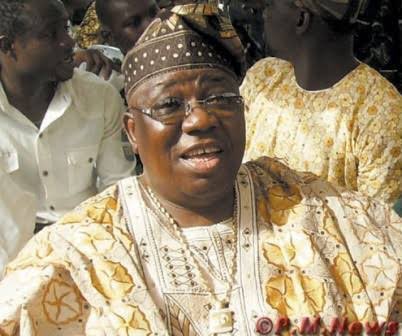
The Fuji style of music also became popular towards the end of the ’70s into the early ’80s. Having indigenous roots and more prominence in the Yoruba part of the country, Alhaji Sikiru Ayinde Barrister is credited for creating and popularizing it. We have some of his hits songs like ‘Bisimilahi’ (1977) and ‘Ile Aiye Dun Pupo. Today, we still see influential fuji singers like Pasuma and Saheed Osupa in their respective spotlights.
Juju music in Yoruba land was also prominent. Its pioneers included the likes of Tunde Nightingale and others like Fatai Rolling Dollars, and Sir Shina Peters. King Sunny Ade and Ebenezer Obey are also among those who have promoted the genre and their influence is still present till today.
Reggae/Dancehall
Before Reggae entered the music scene, Fuji’s dominance was a defining feature of the 1980s. Highly influenced by the Jamaicans, Nigerian musicians like Majek Fashek and Ras Kimono carried this movement. This later metamorphosed into Ragga/dancehall. This was birthed by musicians like Daddy Showkey with his popular song “Diana”. Majek Fashek is a personal favorite of mine from this era. I can sing the entire Majek Fashek & the Prisoners of conscience album.
The Reggae era spins into the 90s until the new era of R&B and Pop. This period came in with the likes of Remedies, and Plantashun Boiz who championed this era. The gradual introduction of the digital era also helped with giving this era widespread recognition.
New here? Read about the Evolution of music in Nigeria series 1 on our Time Series. Stay glued for the evolution of music in Nigeria Series 3…

